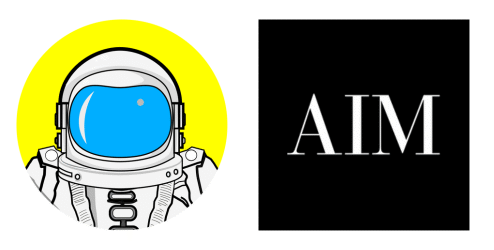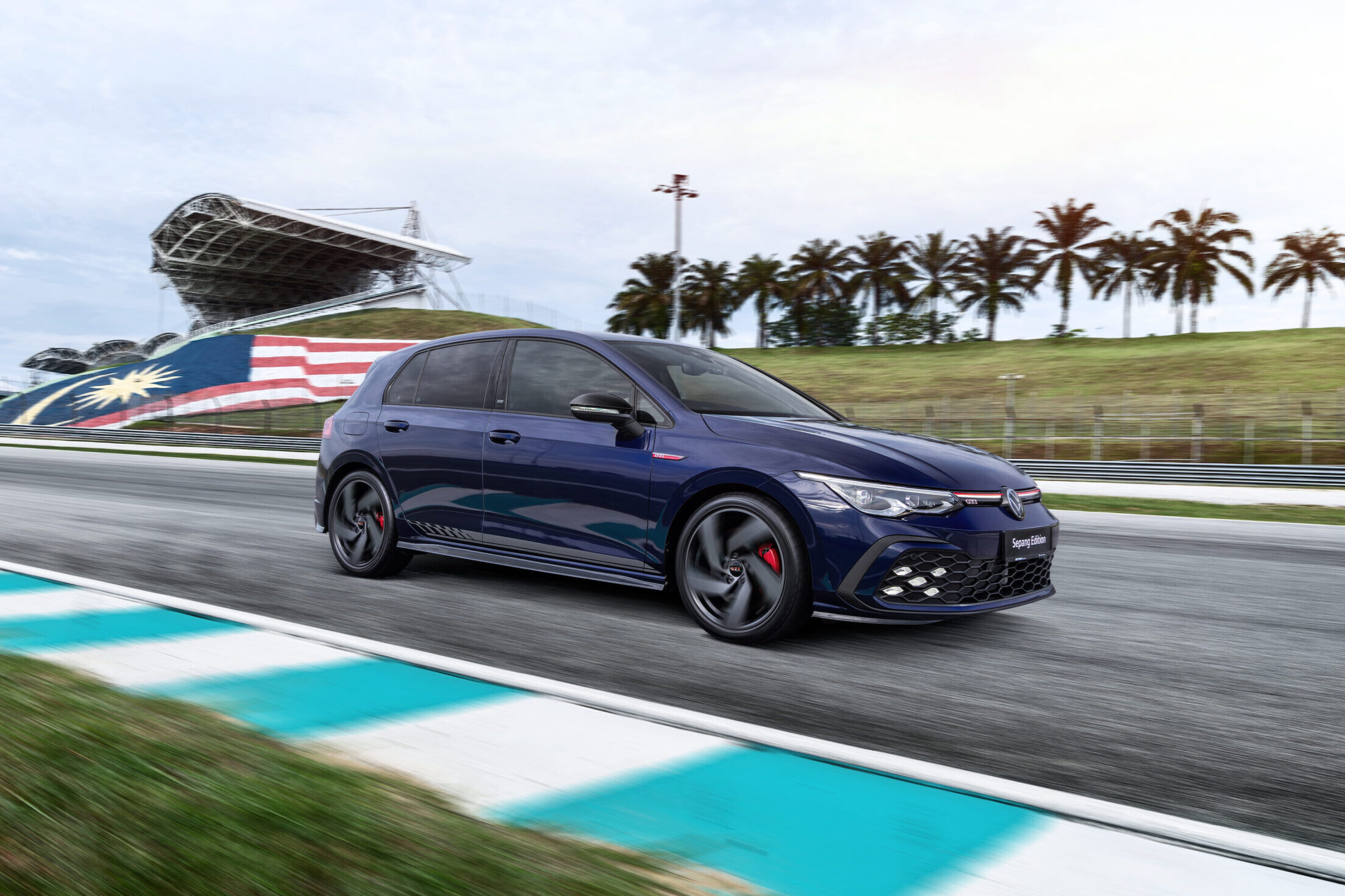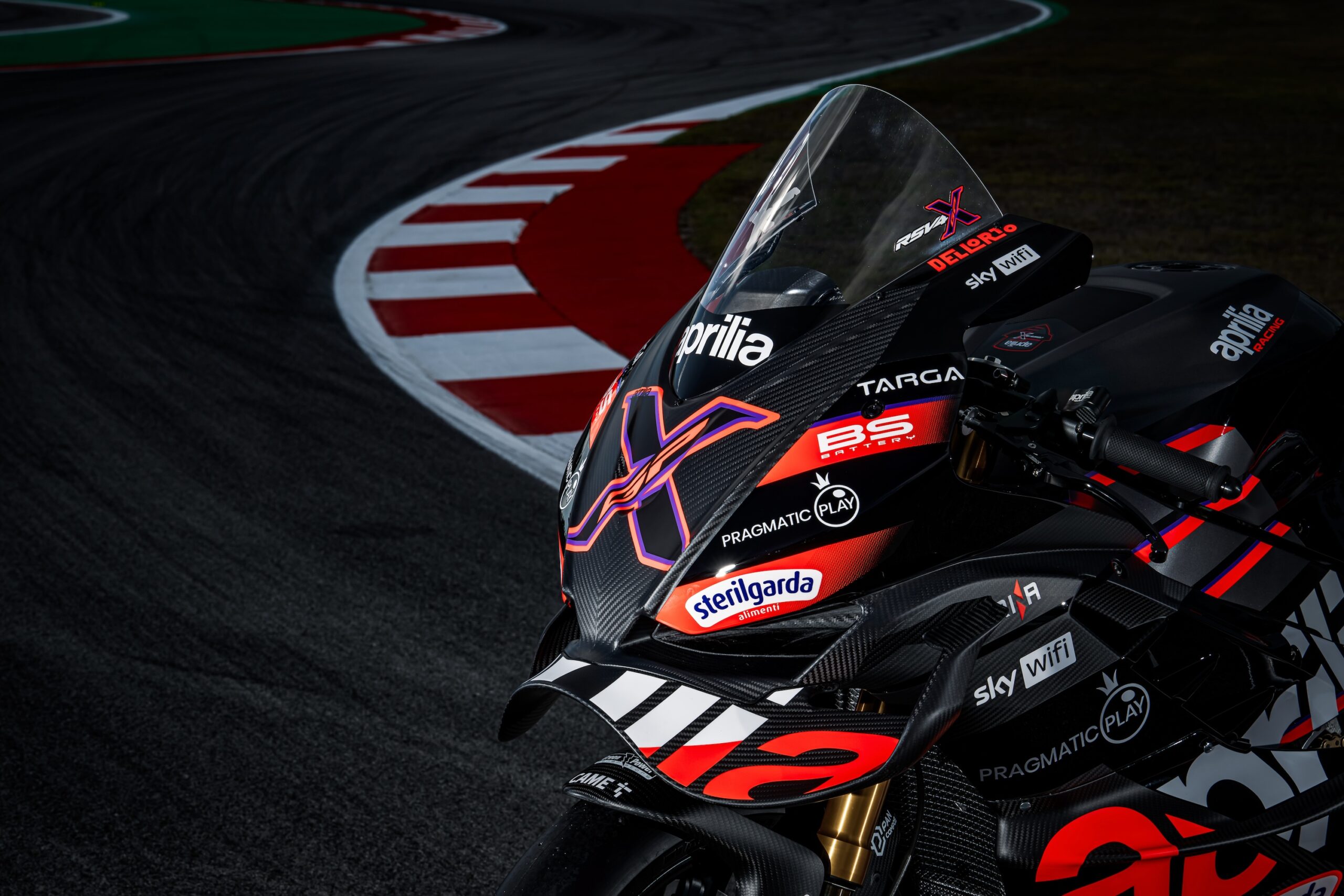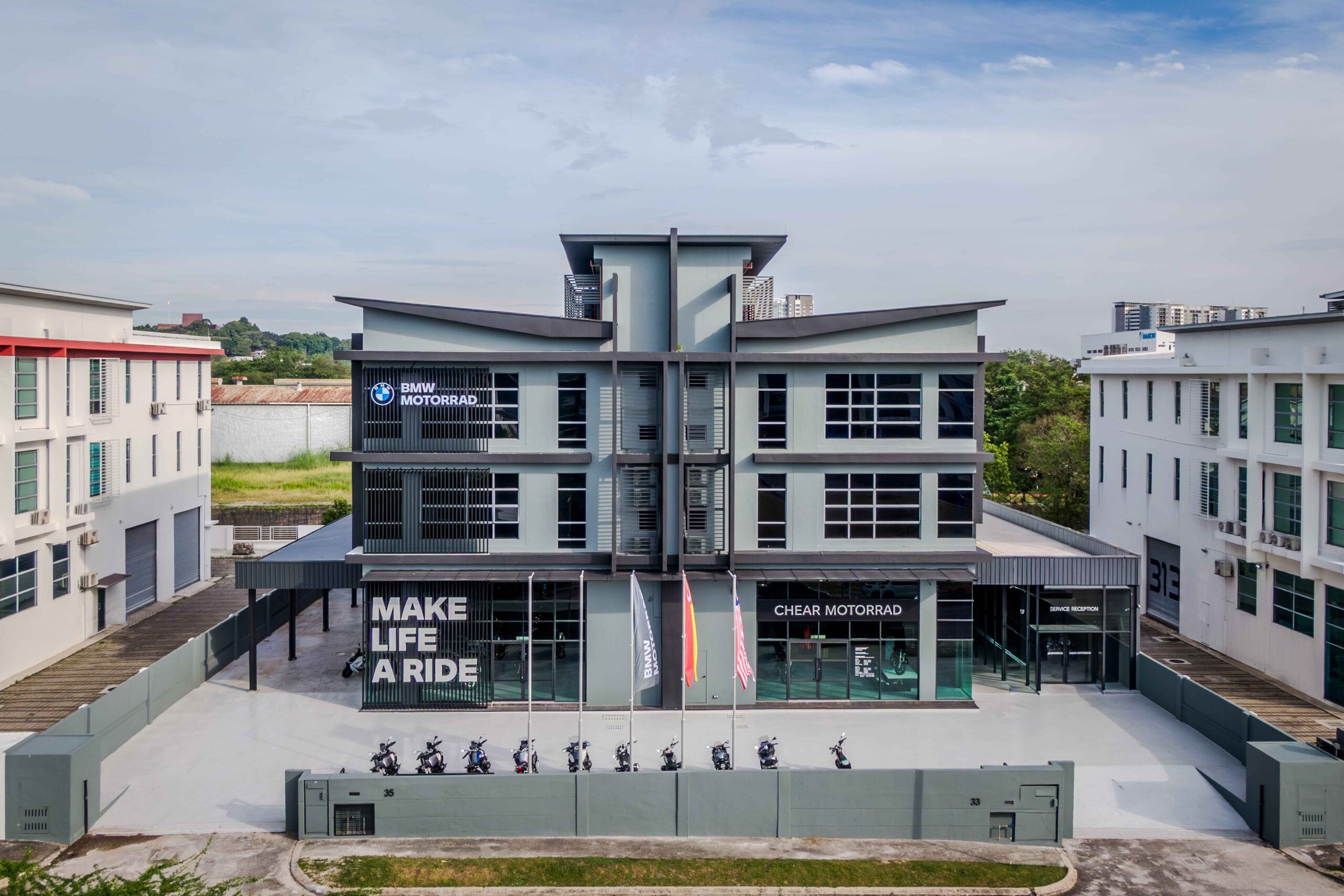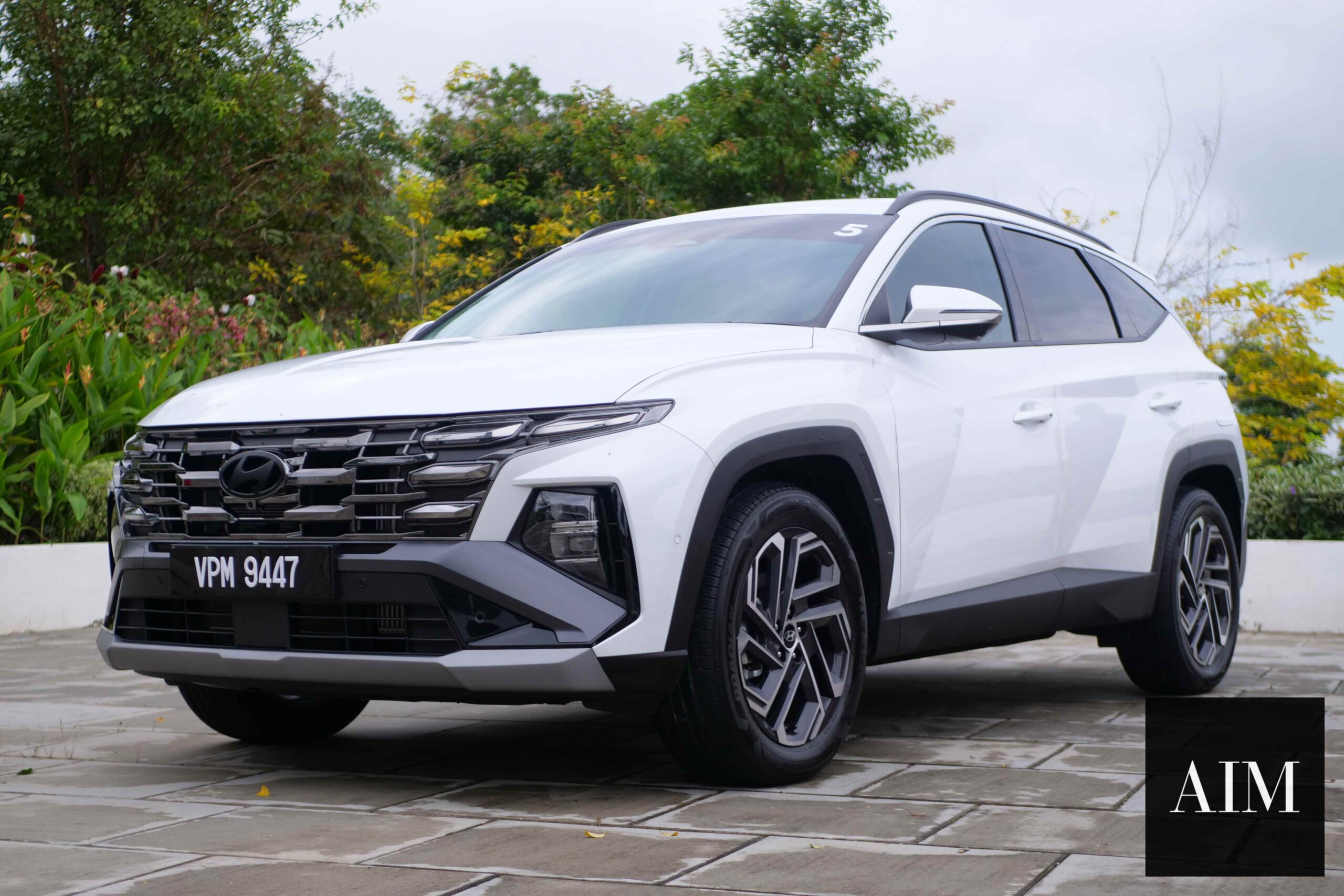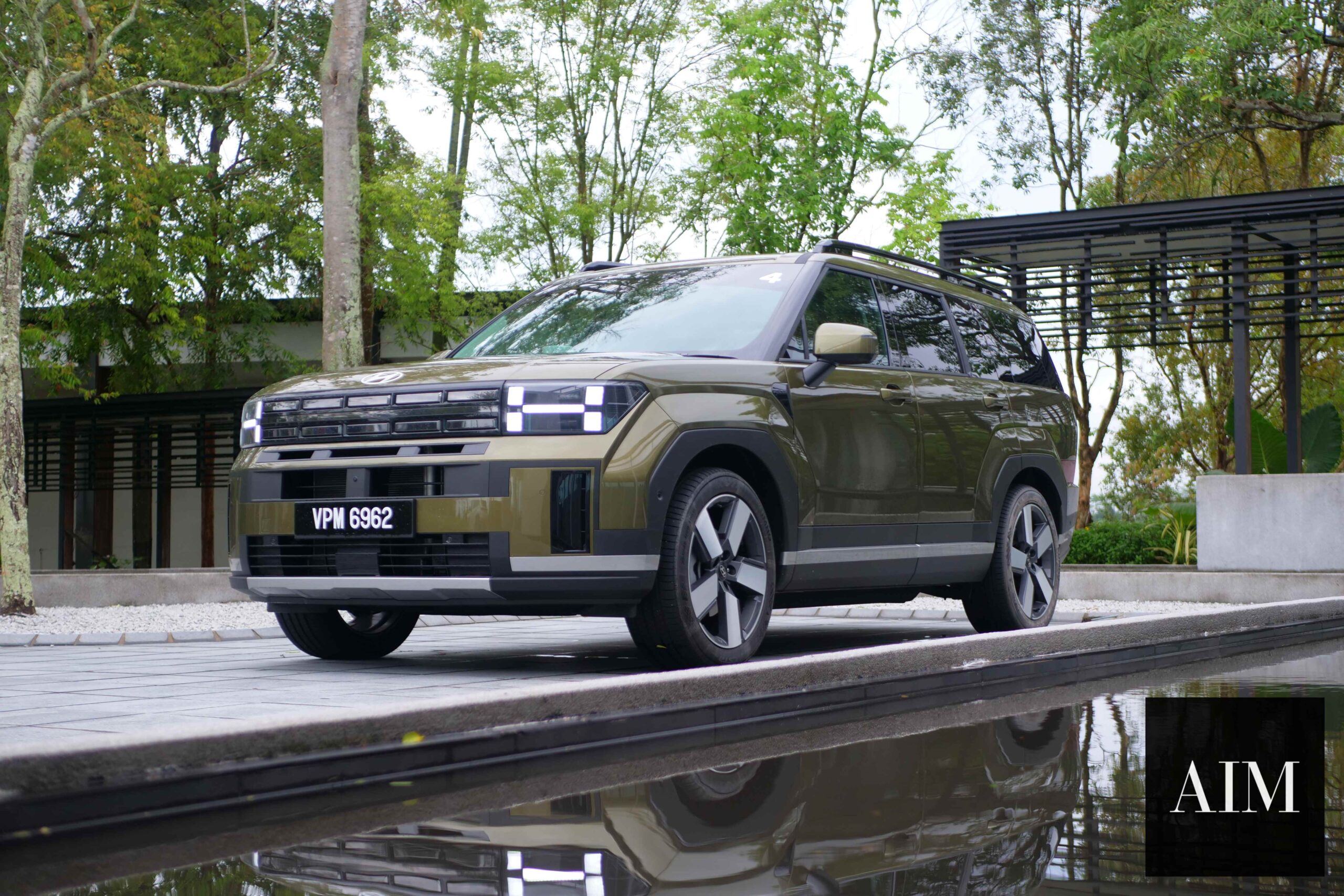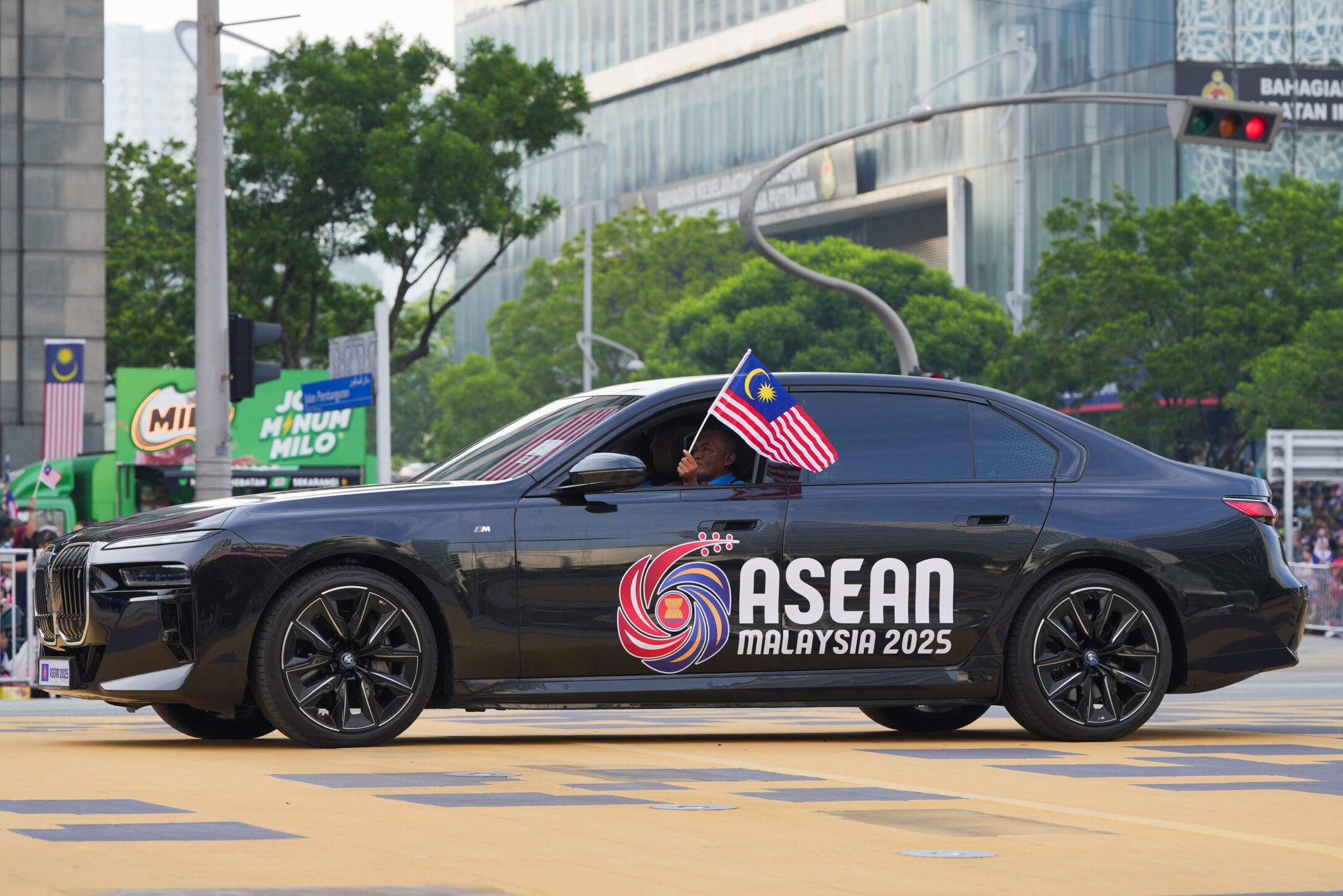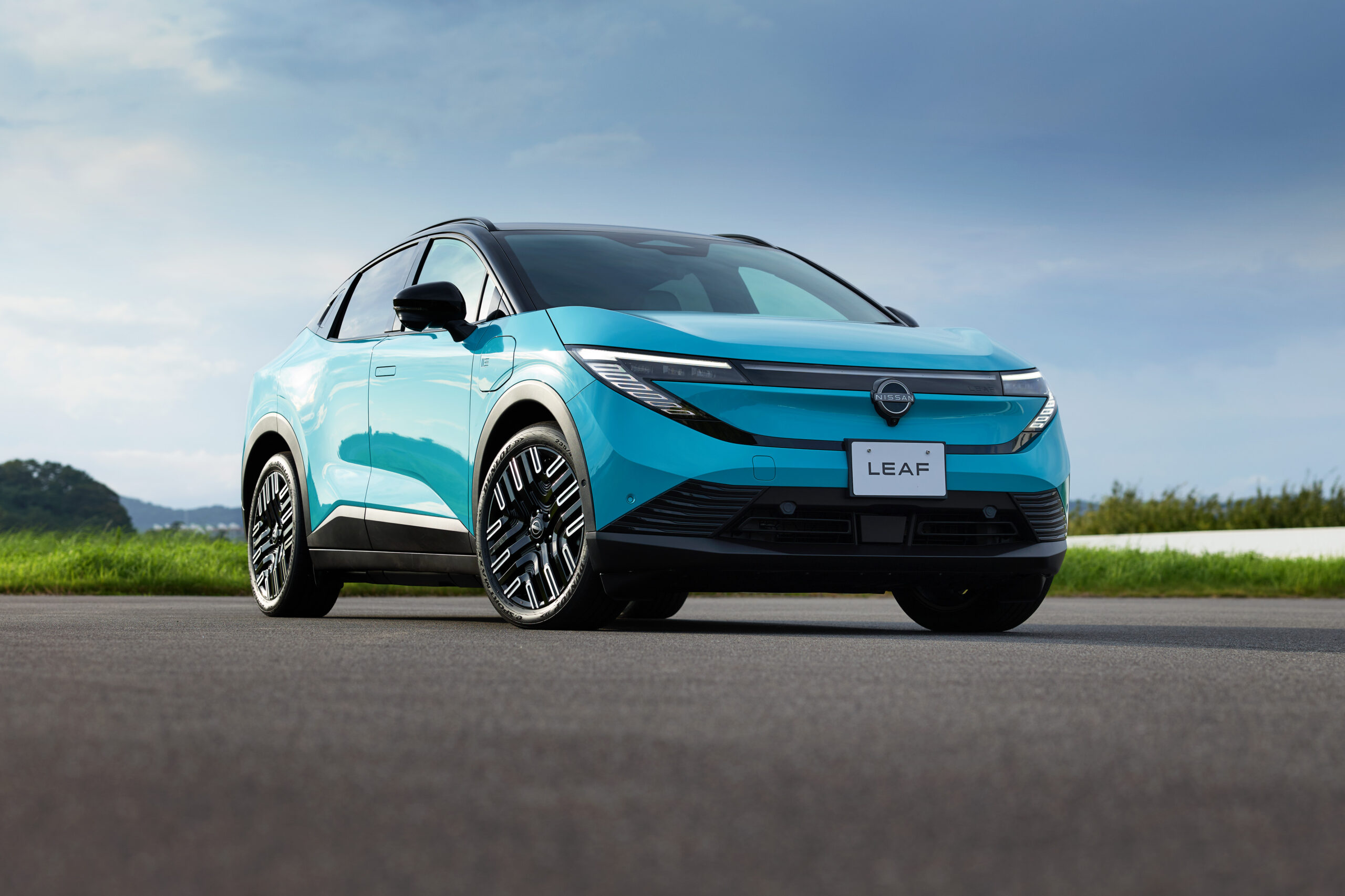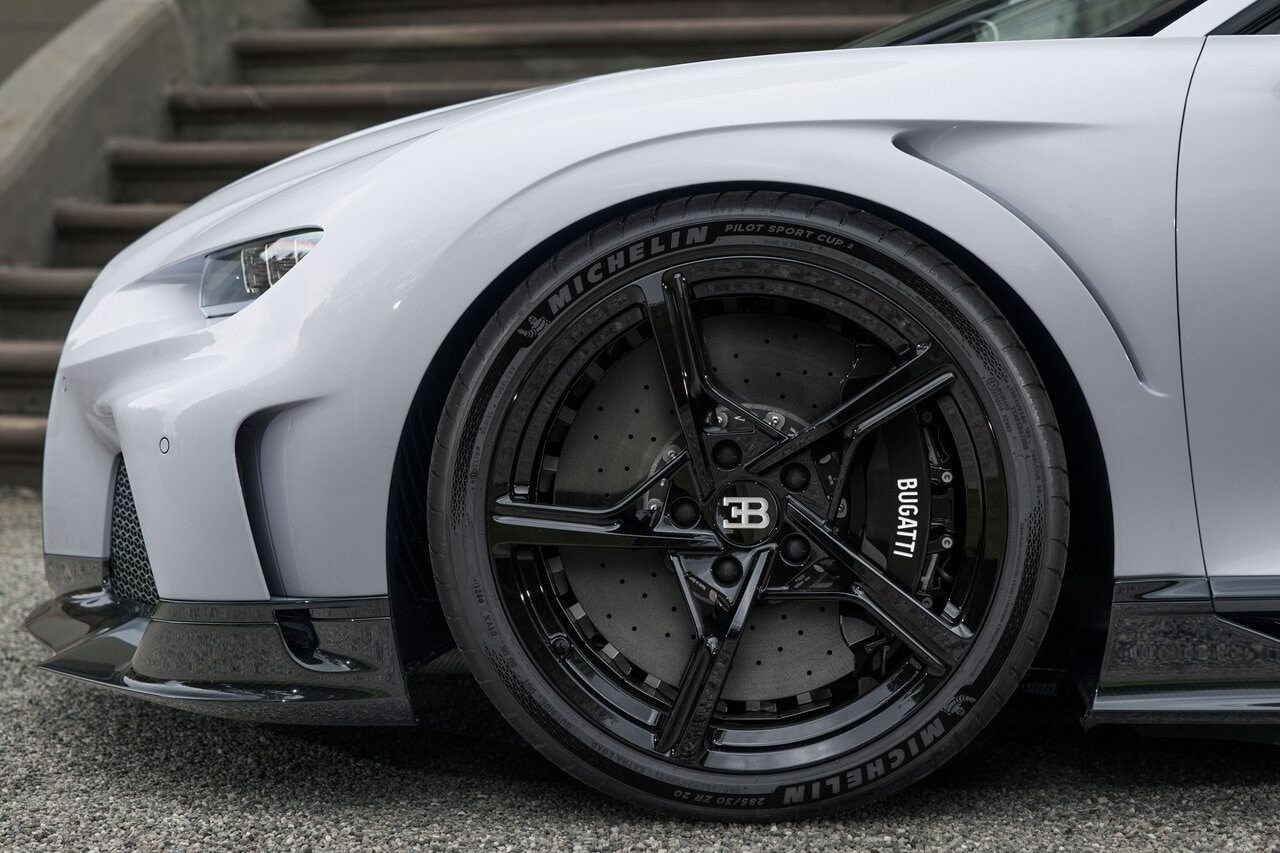
Michelin, a global leader in tire manufacturing, has expanded its reach by acquiring and managing several tire brands worldwide. These brands cater to various market segments, from high-performance to budget-friendly options. Here’s an overview of the nine tire brands under Michelin’s umbrella:
1. BFGoodrich
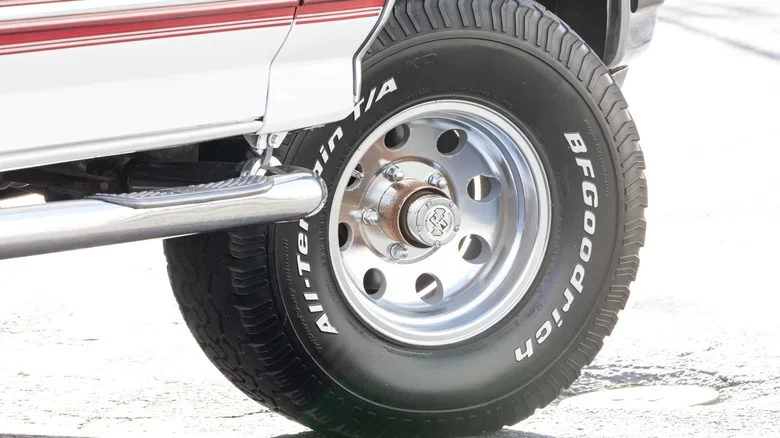
BFGoodrich, an American brand, was acquired by Michelin in 1988. Known for its performance in off-road and high-performance vehicles, BFGoodrich has a rich history, including being fitted on iconic vehicles like the Ghostbusters’ Ecto-1 and Jurassic Park’s Jeep Wrangler. While Michelin has overtaken BFGoodrich in popularity, the brand remains a budget-friendly option with robust off-road capabilities.
2. Uniroyal
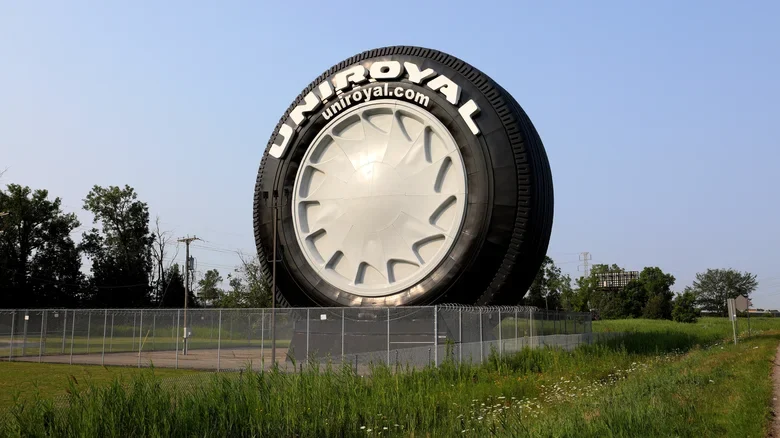
Uniroyal, another American brand founded before the 1900s, became part of Michelin around 1990. Famous for its giant tire Ferris wheel from the 1964-1965 World’s Fair, Uniroyal is positioned as a reliable, cost-effective choice, even more budget-friendly than BFGoodrich. The acquisition increased Michelin’s global market share by nearly 25%.
3. Kleber
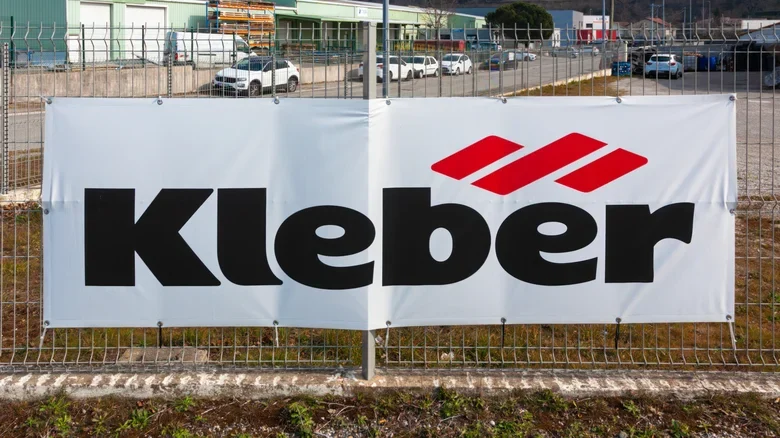
Kleber, a French tire manufacturer established in 1911, became a majority-owned subsidiary of Michelin due to financial difficulties. While it offers a range of seasonal tires, including winter options, Kleber’s identity has become closely tied to Michelin, with some enthusiasts comparing its lineup to BFGoodrich.
4. Tigar
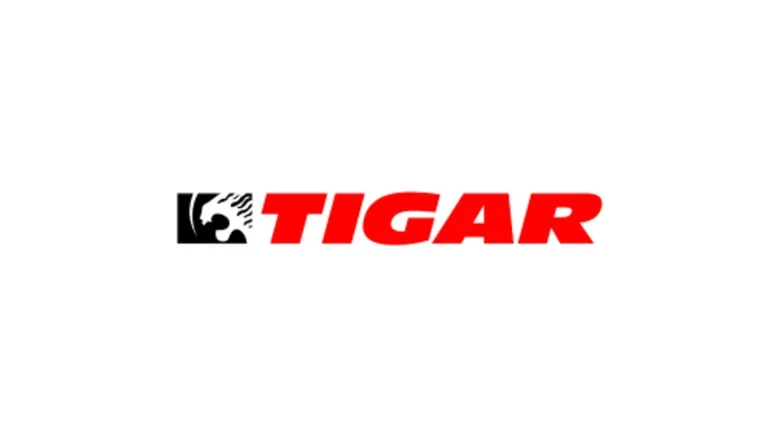
Tigar Tyres, based in Serbia, began tire production in 1959 and was fully acquired by Michelin in 2010. Previously involved in a joint venture with BFGoodrich, Tigar focuses on entry-level tires. However, its limited product variety and controversies, such as worker safety issues, have led to criticisms regarding its place in Michelin’s portfolio.
5. Riken
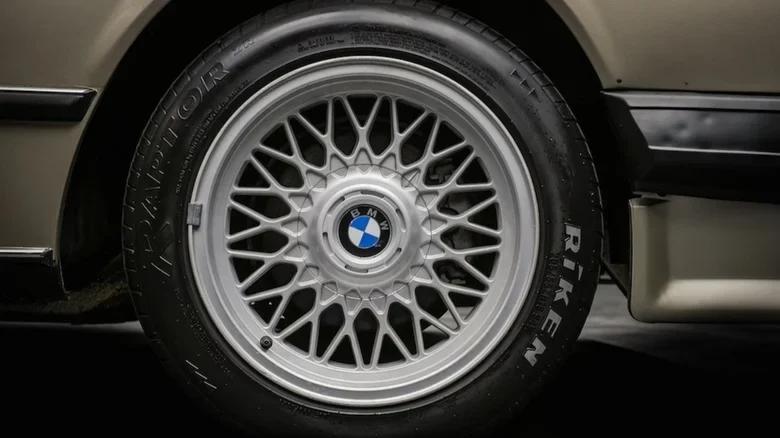
Riken, a Japanese brand founded in 1917, joined Michelin in 1992. Originally a scientific research company, Riken’s tire division now operates under Michelin, offering budget-oriented tires outside the U.S. Despite sharing a name, the tire division operates independently from Riken’s original scientific endeavors.
6. Kormoran
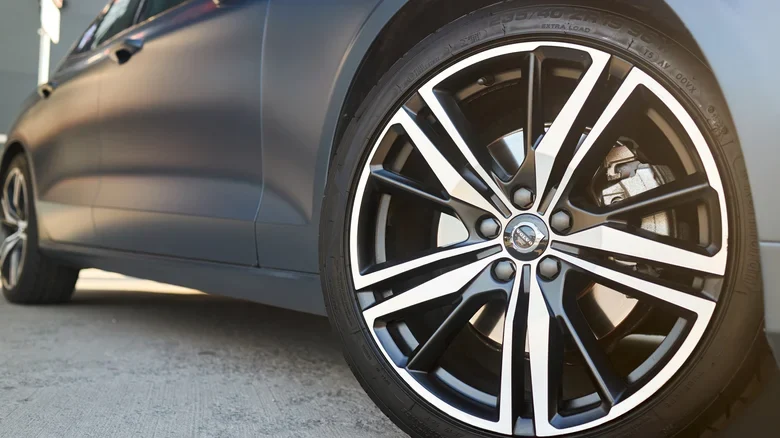
Kormoran, a Polish brand, has an uncertain acquisition date, with sources citing either 1995 or 2000. Its website closely resembles those of Tigar and Riken, indicating a shared approach among Michelin’s budget brands. Kormoran offers a limited range of passenger and truck tires and remains a lesser-known brand in the market.
7. Achilles/Corsa
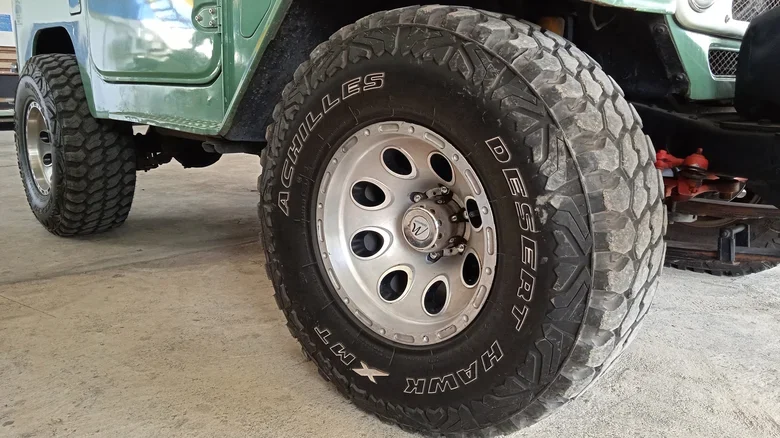
In 2019, Michelin acquired Multistrada, an Indonesian company owning the Achilles and Corsa brands. Achilles has established a presence in the U.S., managed by TBC—a Sumitomo subsidiary—in partnership with Michelin. Corsa’s status is less clear, with multiple brands sharing the name, making its position within Michelin’s portfolio ambiguous.(
8. Taurus
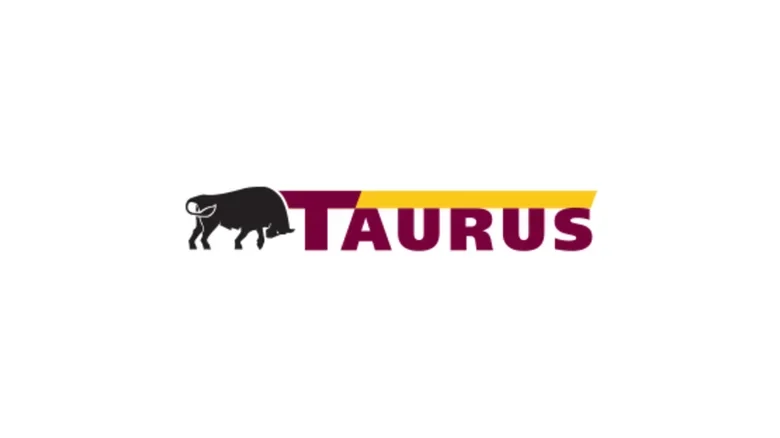
Taurus Tyres, established in 1913, was acquired by Michelin in 1996. While sharing similarities with other budget brands like Tigar and Riken, Taurus distinguishes itself by offering agricultural tires, filling a niche not commonly addressed by Michelin’s other low-end brands. However, its products receive mixed reviews, and it struggles with brand recognition.
9. Camso/Solideal (Honorable Mention)
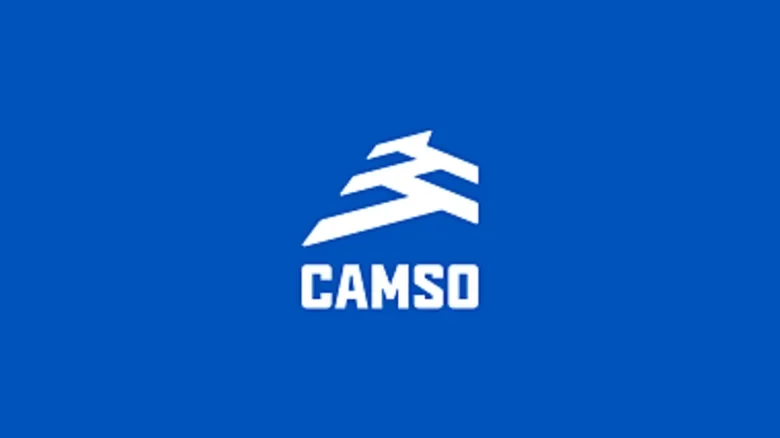
Camso, known for off-road and construction vehicle tires under its own name and the Solideal brand, was acquired by Michelin in 2018 for $1.45 billion. Specializing in tires for tractors, excavators, and forklifts, Camso expanded Michelin’s reach into non-highway markets. However, in 2024, Michelin sold Camso to CEAT for approximately $225 million, ending the partnership and marking a significant financial loss.
Through these acquisitions, Michelin has diversified its offerings, catering to various market segments and geographical regions. While some brands have thrived under Michelin’s ownership, others have faced challenges, reflecting the complexities of managing a global portfolio of tire brands.
